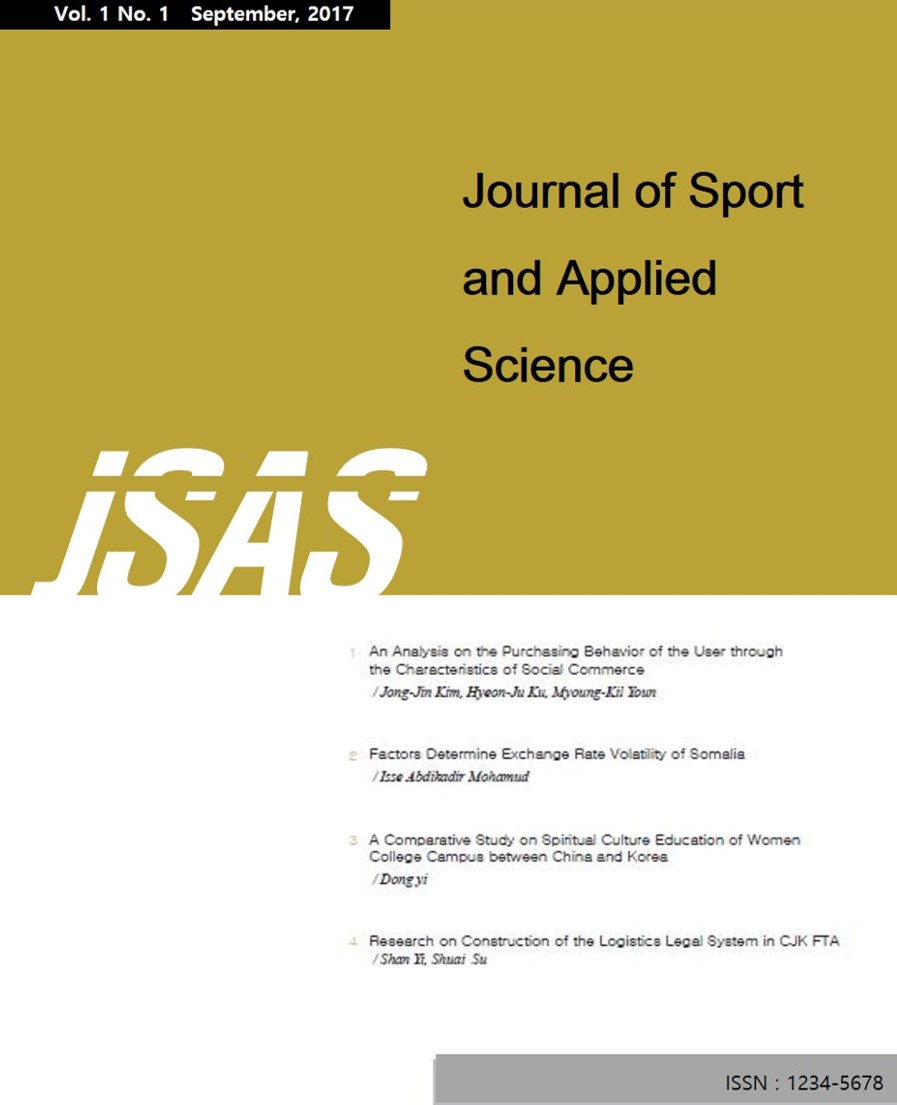- Log In/Sign Up
- E-ISSN2586-6028
- KCI Candidate
 E-ISSN : 2586-6028
E-ISSN : 2586-6028
LEE, Dong Gun
MOON, Hwang Woon
Abstract
Purpose: The purpose of this study is to analyze the effect of college sport club participants' ego-resilience on the college adjustment. Research design, data, and methodology: To accomplish the purpose, 360 participants were sampled by means stratified cluster random sampling method. Only 317 questionnaires were statistically processed, while 43 questionnaires were excluded because their respondents failed to complete instrument and judged insincere in filling out questionnaire. To analyze the data collected, statistical techniques, such as descriptive statistics, reliability analysis, independent-sample t-test, and one-way ANOVA, multiple regression analysis were used, and as for difference verification between individual groups in relation to significant results, Duncan's multiple range was conducted. Results: The following results have been drawn out via hypothesis test. First. the background variable of the college sport club participants of was proved to affect the degree of their ego-resilience on the college adjustment. Specifically, their period of participation, frequency of participation and expenses made a statistically meaningful. Second, the college sport club participants of ego-resilience were proved to affect the college adjustment. Academic adjustment, social adjustment, personal-emotional adjustment and institutional attachment made a statistically meaning-full difference. Conclusions: The findings indicate the function of sport club participants' ego-resilience in assisting their adjustment.
- keywords
- Sport Club Participation, College Adjustment, Ego-resilience
- Downloaded
- Viewed
- 0KCI Citations
- 0WOS Citations













